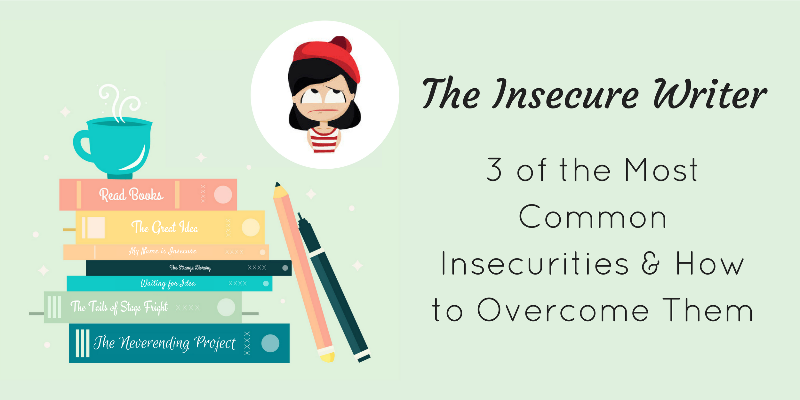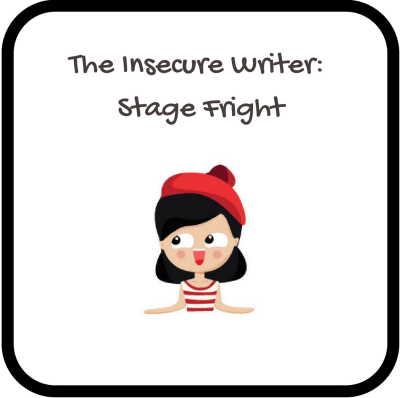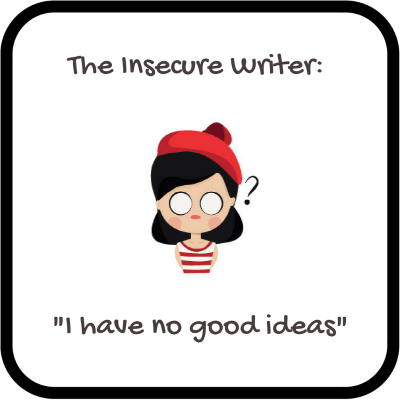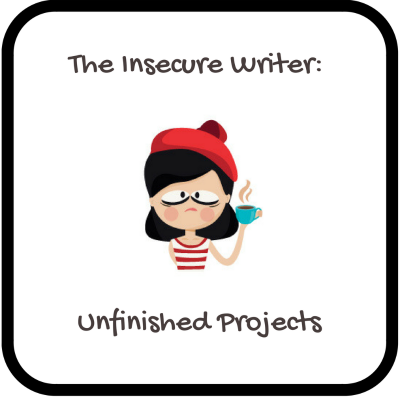When it comes to marketing, it’s easy to solely focus on the more technical aspects of the business, such as blogging strategies, SEO, content marketing, click-bait titles and social media distribution.
But what happens is that we then forget the basics.
And I’m not just talking about the basics of marketing, SEO, title creation etc. We have more than our fair share of “Content Marketing for Dummies” posts going around the web that are sure to last us a lifetime.
What I’m talking about is the basics of communication itself.
How we express ourselves is really important in every aspect of life. From first impressions in an interview, to talking with lifelong friends, communication is central to making these relationships successful and meaningful.
But even if you’ve got the fine art of verbal communication down, let me ask you this: How are your writing skills?
Too often have I seen skilful communicators flounder as soon as they’re asked to write an email, a business proposal, a brief or… dare I say it? A blog.
At several dinner parties I’ve found myself able to point out exactly who’s an insecure writer, simply from the anxiety that creeps up into their eyes when I tell them I’m a writer. Their brows rise, their chin tucks in and their eyes widen just before they state, while shaking their heads, “I could never do that…”
Yes You Can!!!
Sorry, I didn’t mean to get all U.S. politics on you there, but it’s true.
You can do it, you really can.
The problem with the insecure writer is that they falsely believe that successful writers are completely secure in their abilities. They read the greats, like Orwell, Kafka, Fitzgerald and Hemmingway and think to themselves: “Now this is somebody who knew that they were talented, and therefore wanted to share that talent with the rest of the world”.
But let’s just get things straight right now:
Most writers are extremely insecure.
Kafka didn’t even want any of his books published, living with doubts about his own talents throughout his entire career. Orwell, Hemingway and Fitzgerald all despaired that their writing would never live up to their expectations (or the expectations of their readers).
Writing a book is a horrible, exhausting struggle, like a long bout of some painful illness. One would never undertake such a thing if one were not driven on by some demon whom one can neither resist nor understand.
– George Orwell
Ask any creative type, and they’ll tell you a similar story.
Creating something novel is hard. It’s like searching for a needle in a haystack. With a blindfold on. And your hands bound behind your back.
You create blindly, with no template to guide you.
That’s what makes it so hard. That’s what makes it so scary. That’s what makes it so interesting.
There are many reasons that people struggle with the idea of putting pen to paper (or, more aptly, fingers to keyboard).
Looking at the reasons behind your lack of confidence as a writer is just the first step to building your confidence, but it’s necessary nonetheless.
From my experience there are three types of insecure writers:
- The Insecure Writer with Stage Fright
- The Insecure Writer Who Thinks That Their Ideas Aren’t Good Enough
- The insecure Writer Who Struggles to Finish Projects
Insecure Writer #1
You Have Stage Fright
Can you speak in front of a big group of friends, perform on stage with your band, make a speech at your college graduation, but then shy away from starting your own blog?
Don’t worry: You’re not alone.
You have writing-stage fright.
Many extroverts find it difficult to write as part of their ability to be so well at performance is that they rely on their audience’s reactions to gage their behaviour. For example, if you’re reciting a speech and you come to the joke part and nobody laughs, you instinctively hide your laughter and adjust your tone so it’s more appropriate for you audience.
This doesn’t happen with writing.
You audience responds to your writing after you’ve written it. There’s no real-time adjustment. There’s not gauging your audience’s reactions. There’s just what you’ve written, exposed on the page.
Solution
Unlike the stage, getting over writing-stage fright isn’t about imagining everyone in their underwear. Visualisation won’t work in this case because your audience is in your mind already.
Instead, you have to forget that they’re even there.
But Sarah, people are always telling me I’ve to keep my audience in mind when I’m writing?
There is a solid line between knowing who you’re writing for, and making adjustments to your topics, tone, style etc. accordingly so that you’re more accessible to them, and focusing solely on the audience’s impending judgement.
Know your audience by their demographic stats. Understand what they’ll find funny, interesting and/or useful.
Then put them out of your mind until you’re finished writing.
The last step is, of course, to show someone your writing.
I know… Scary!
I’d recommend the first person you show your writing to be someone who is likely to be encouraging and positive.
Not that you should choose someone who won’t criticize you at all: Criticism is completely crucial to improving your writing. But we all know that person that is somehow able to give criticism without ever sounding critical. Find them, keep them and love them.
Oh, and ask them to read your work.
Insecure Writer #2
You Don’t Believe You Can Come Up With A Decent Idea
Do you constantly have ideas running through your head, but there’s a voice somewhere deep down that’s telling you that most of them are rubbish?
Well, that’s because they are.
I’d say about 90% of my ideas are complete and utter garbage.
Seriously. They’re soooo bad.
Yet, here I am. Writing.
Solution
If 90% of my ideas are completely rubbish (and you know what? I’m starting to think that that number is closer to 95%) then I’m sure you’re wondering how do I filter through the muck to find the good stuff?
With lots of prep work.
They say that success is 90% preparation and 10% perspiration, and I believe it. (Although, I think some perspiration may happen in the preparation part too. It’s not exactly what I’d call “easy”).
The best way for me to explain this to you is by example.
At the start of the month I sat down to fill in my blogging calendar with blog ideas for the next few weeks. It took me 6 hours to come up with my October blogging schedule (ahem, that’s just 8 blog post ideas by the by). That’s 45 minutes to come up with just one idea.
Of course, I had plenty of ideas. In fact, you might say I had 90% more! All of which, of course, I cut out to never be seen again.
The fact is: You will have so many bad ideas.
But in that mess of bad ideas, somewhere, is your diamond in the rough. And you won’t find it by staring at the mess. Get your hands dirty. Dive in.
Start by writing your ideas down. Then ruthlessly dismiss the ones that you have too many issues with.
This ruthlessness is what makes a writer successful.
It’s what makes editors so important.
If something isn’t good: Get rid of it.
And if something is good: You’ll know as it’s almost instinctual. You’ll have less concerns over it. You’ll be more inclined to think up ways it can work. You’ll be drawn to.
Ideas are like rabbits. You get a couple and learn how to handle them, and pretty soon you have a dozen.
– John Steinback
Insecure Writer #3
You Don’t Think You Can Finish A Project
Writing takes a lot of perseverance, will power and stamina. And when you’re doing it without any deadlines or editors expectations to meet, the job gets even tougher.
The lack of repercussions means that we can quickly become lazy with our work, letting the daily grind take precedent, while the writing project slowly ceases to exist.
If this has happened to you on several occasions, you might start to feel discouraged, and insecure that you don’t have the ability to complete a project.
Solution
To boost your confidence, take on a smaller project for a specific time-frame and complete it. No one expects you to write a novel if you’ve never even written a diary entry.
For example, my confidence in my writing grew as I started and finished projects, from small ones and then working my way up to bigger ones.
- My first project was a diary entry.
- My second project was poetry.
- My third project was an essay.
- My fourth project was a personal blog.
- My fifth project was writing a masters thesis.
- My sixth project was freelance writing work.
- My seventh project was an article in a newspaper.
- My eigth project is as a digital content writer at Spokal.
My next project is that I want to write a book.
But it all started out with the simple act of starting and finishing a diary entry when I was only 4 years old.
Some Last Minute Advice
- Go to some workshops.
- Join writer communities. I recommend Bloggers of Google Plus and Writer’s Corner. They’re full of awesome and supportive people.
- Apply for freelancing jobs and try to get paid for something you write, even if it’s sporadic.
- Read some books on the writing process.
I hope this has helped anyone who’s feeling insecure about their writing. Be sure to leave any questions and comments below and I’ll get back to you asap!










